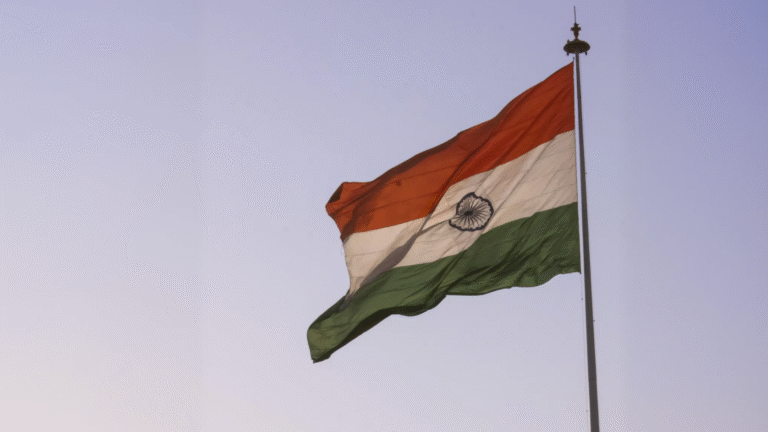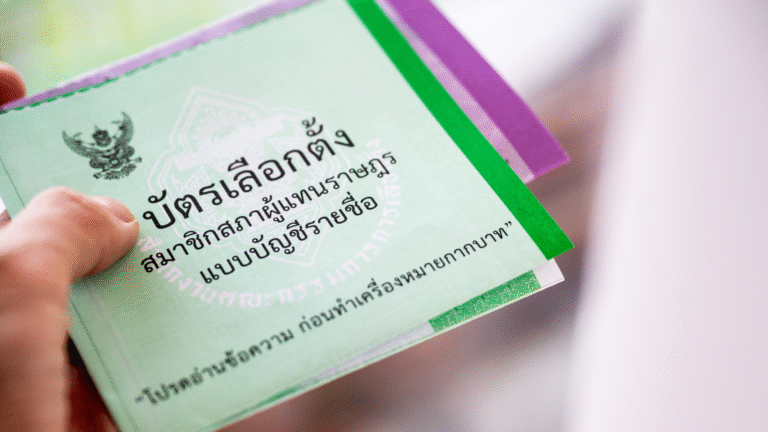A: Initially, we thought that since this company supports science and innovation, we were doing them a favor by helping identify this problem. But a few months later, we learned that the Chinese government was allowing Thermo Fisher to build manufacturing plants in China in the coming years. At that point, the company’s most significant sales in the US and China comprised about 10%. We saw a world in which, in five years, 30% of the company’s sales could be in China, or their reliance on China would keep growing.
So, we continued the campaign despite it being an uphill battle. It was a grassroots effort that required many meetings, protests, direct actions, and collaboration between different groups, which we discussed extensively during my Freedom Fellowship. A successful campaign requires the involvement of all different kinds of stakeholders. We brought in students from universities using Thermo Fisher equipment, as well as scientists, activists, and shareholders. We got in contact with company employees, from the people who were cleaning the beakers to the scientists who were producing this technology.
Expanding into all of these new coalitions made the company nervous. In fact, last spring, Thermo Fisher shareholders agreed to have a Tibetan representative at their shareholder’s meeting. For a reason unknown to us, the Tibetan representative wasn’t allowed to attend this event. It was a setback in our campaign, but I still felt very confident in our work. We had built a coalition so wide that they were worried their shareholders would be on our side if they knew the reality of the situation. Through coalition-building and direct action, we were able to turn the tide.
Xi Jinping traveled to San Francisco in November for a meeting with the US business elite. It was his first time stepping foot in a non-authoritarian country outside his sphere of influence since the global pandemic. While Xi was addressing the business community — with Marc Casper (CEO of Thermo Fisher) in the audience — The New York Times was providing live updates, including the protests outside against Xi’s human rights violations.
The protests became a huge liability for a company that relies on academic and medical institutions and the US market. That became the moment the company probably had to reassess and do a cost-benefit analysis of supplying DNA kits inside Tibet. The protest was part of a larger plan to pressure the company and force them to face the question: Will they supply DNA kits in Tibet in exchange for increased business with China, or will they stay true to scientific values?
At that time, we successfully collaborated with shareholders and submitted a resolution to Thermo Fisher. They couldn’t bar Tibetan representation from their shareholders meeting this time. Because it is an American company, it would be required to inform all of its shareholders that this resolution was up for a vote, and it would be left up to the shareholders to decide the outcome.






